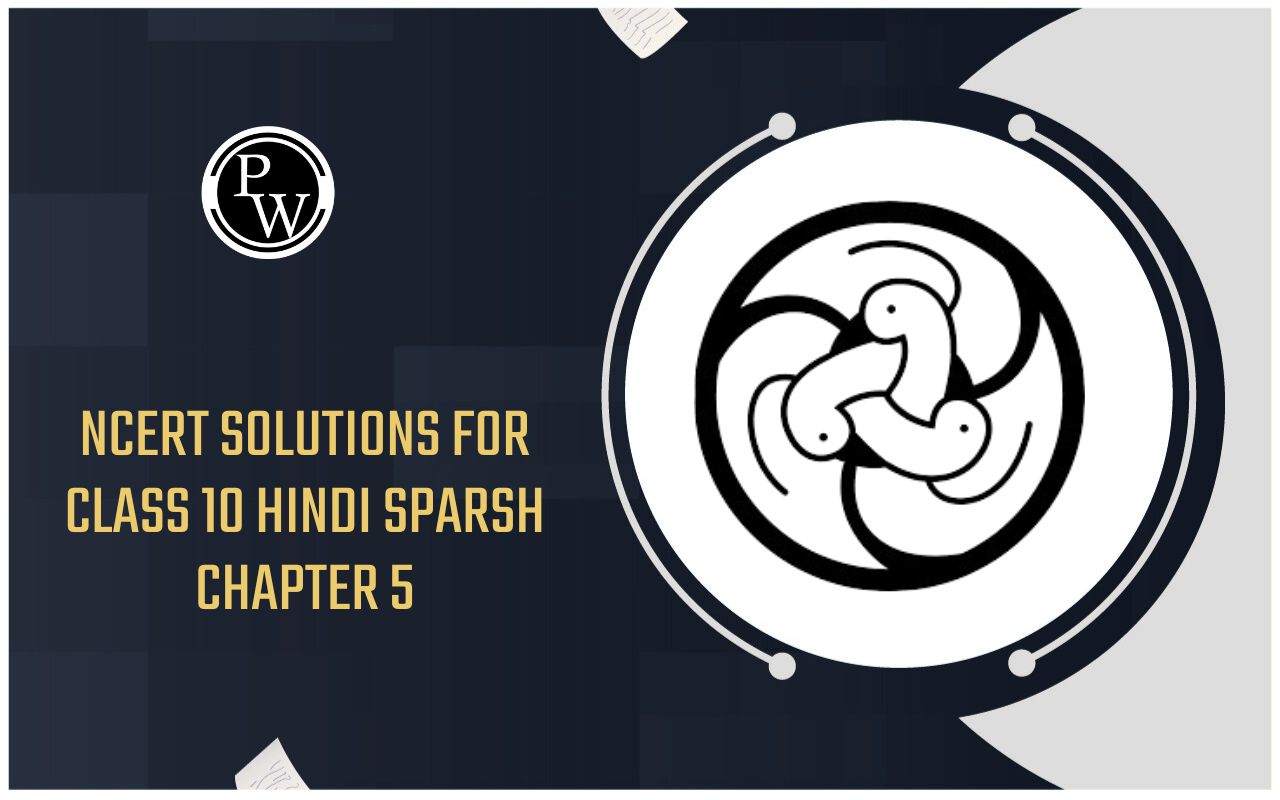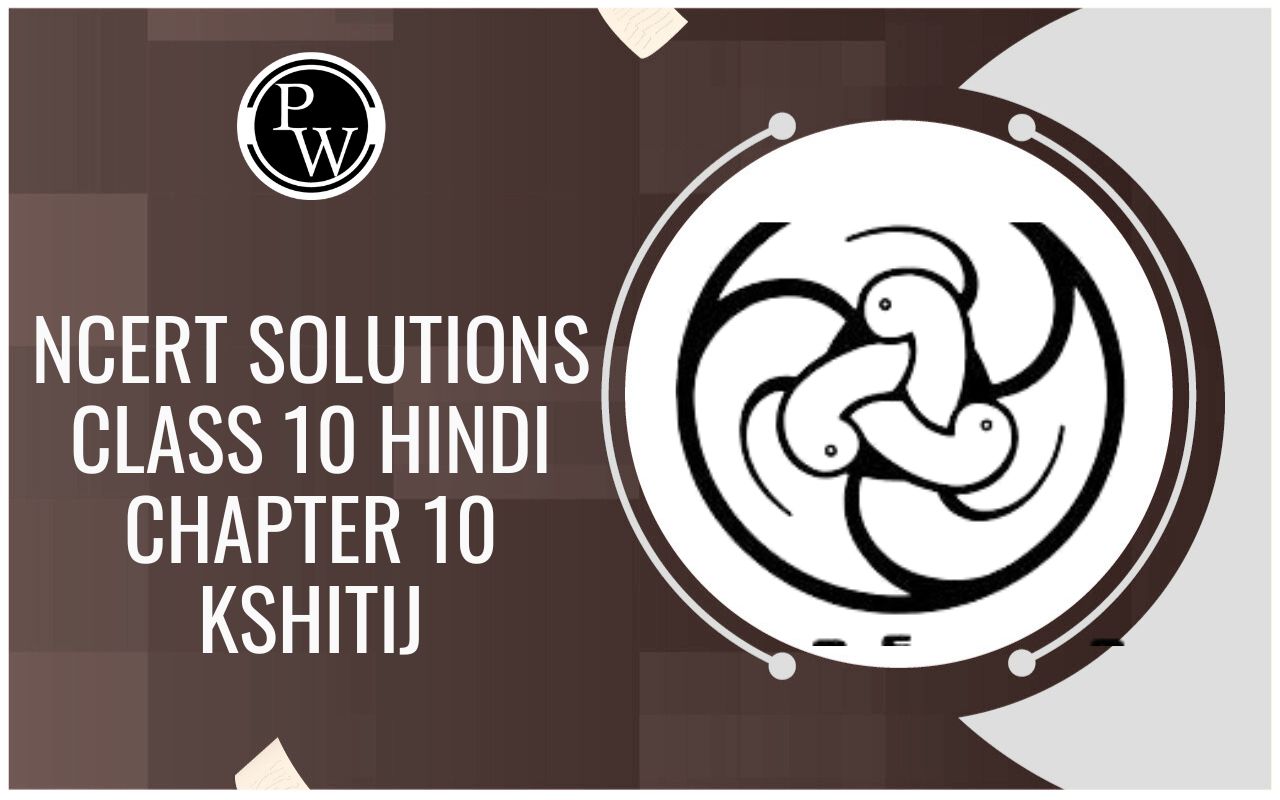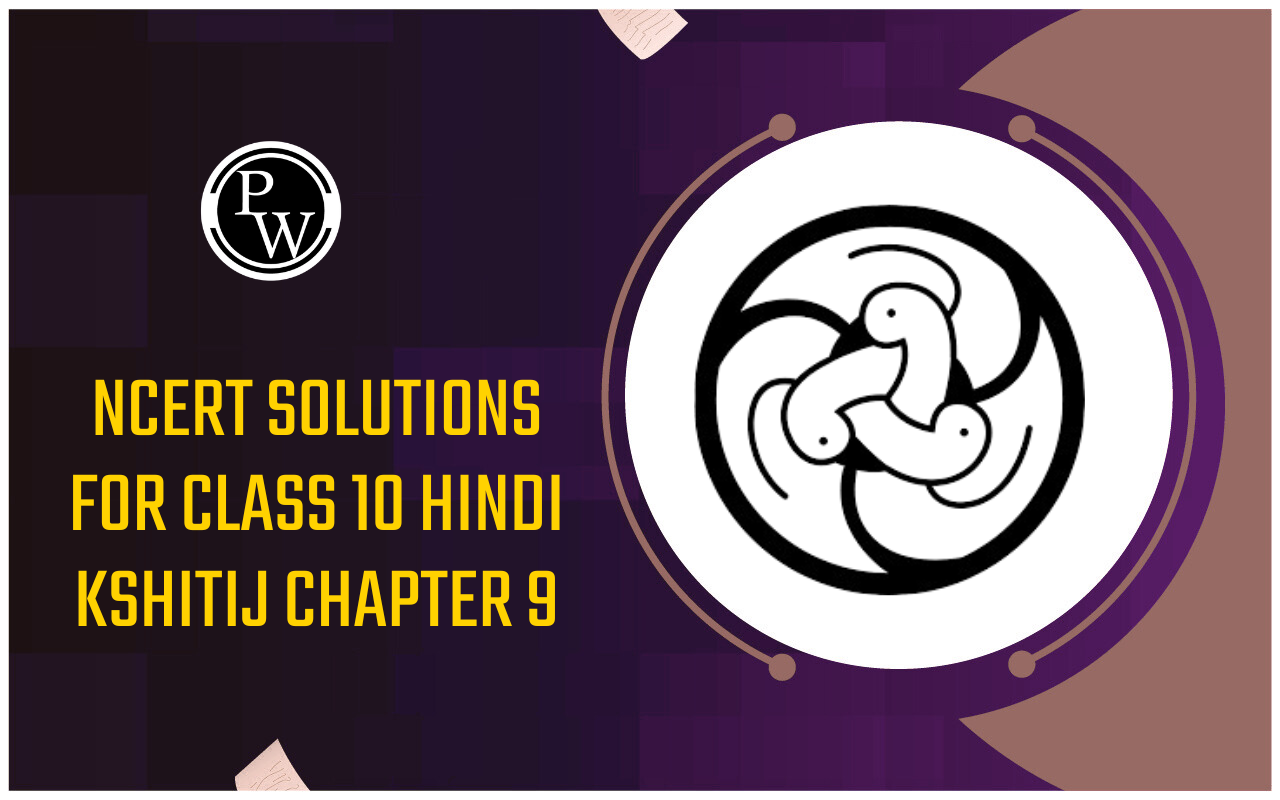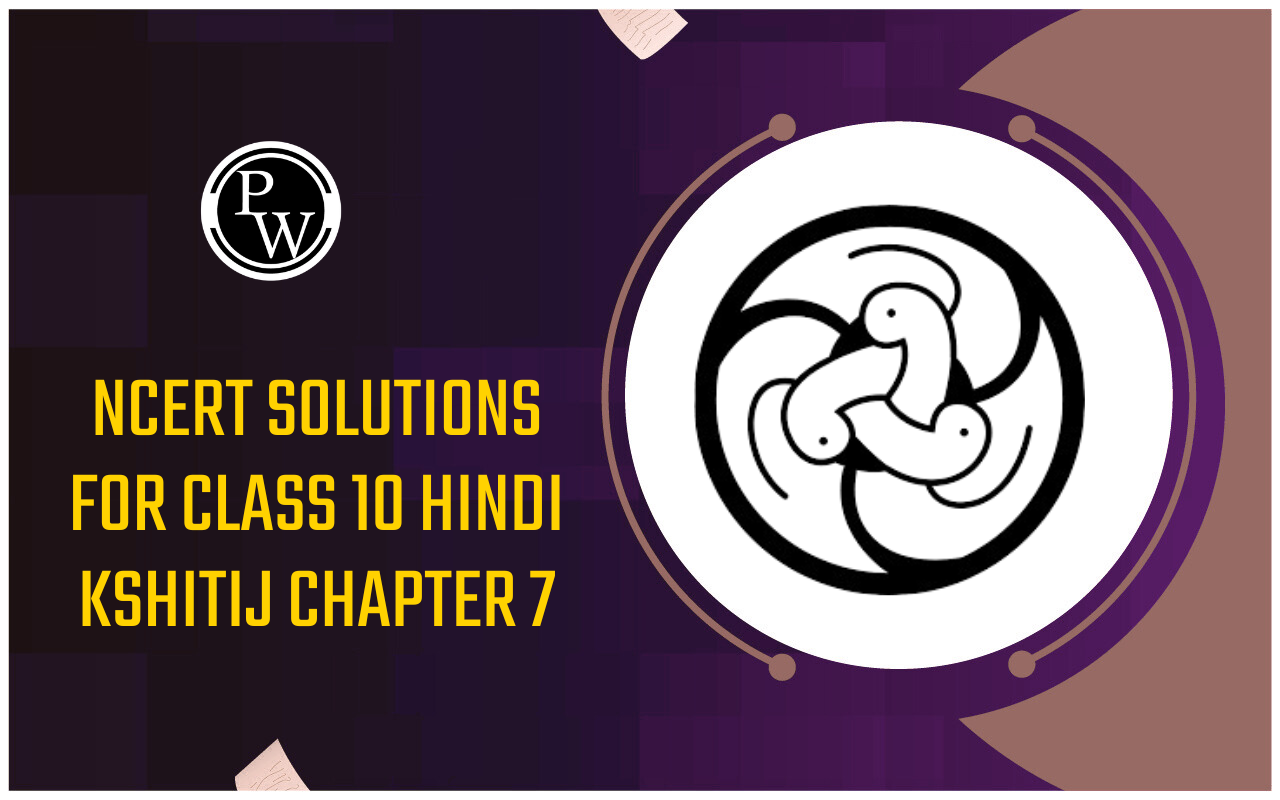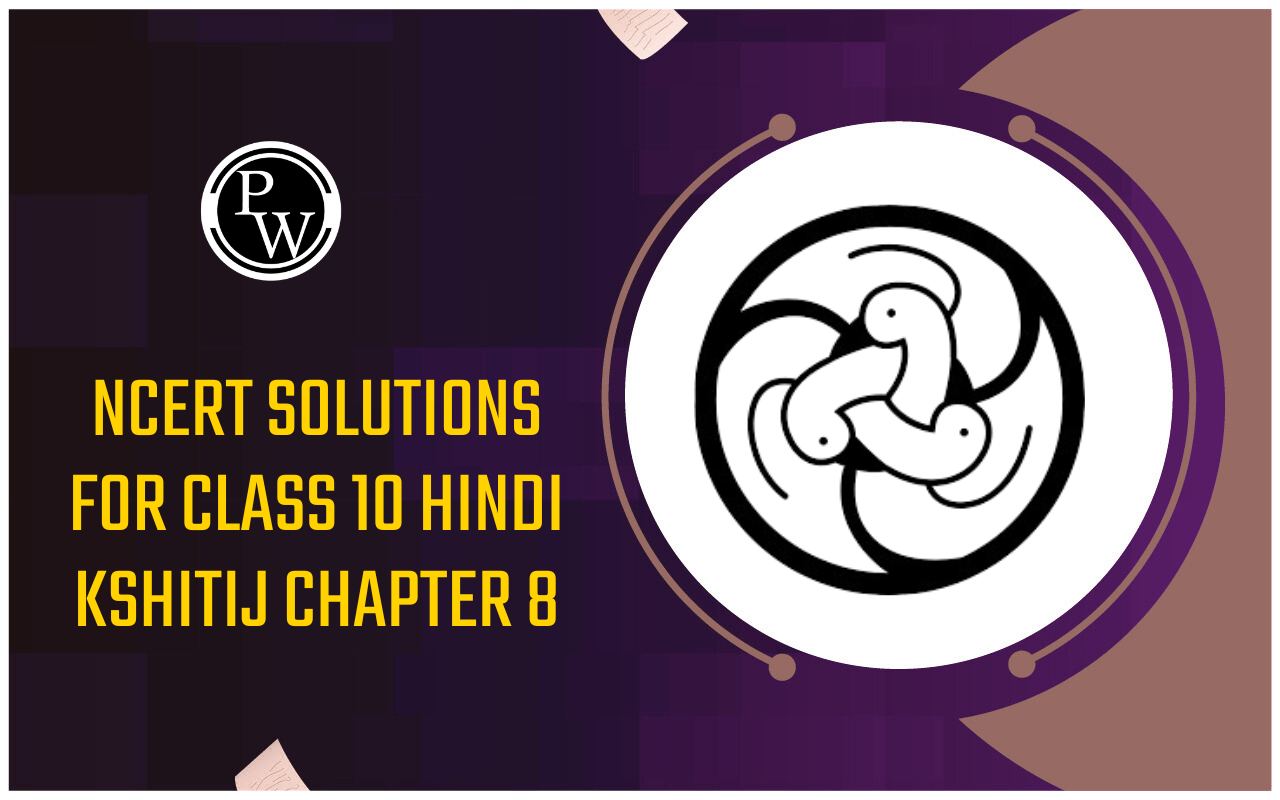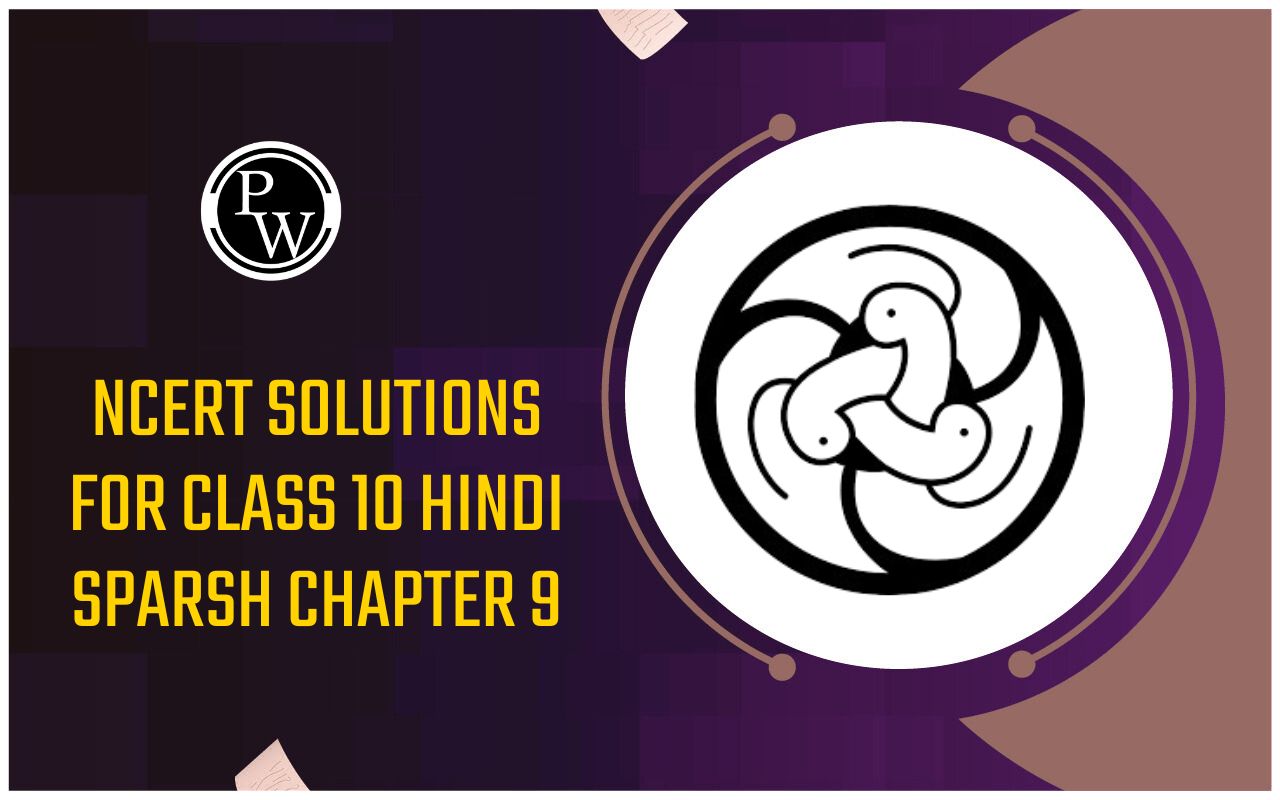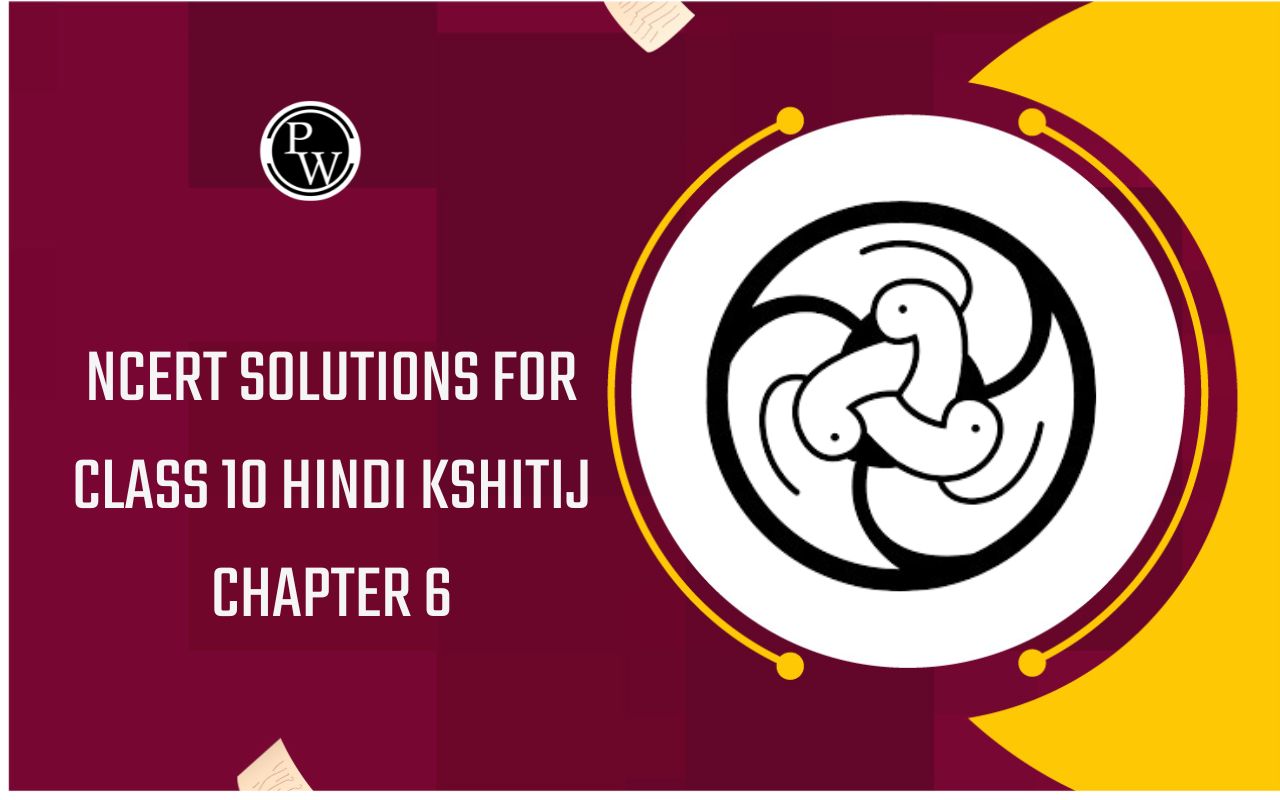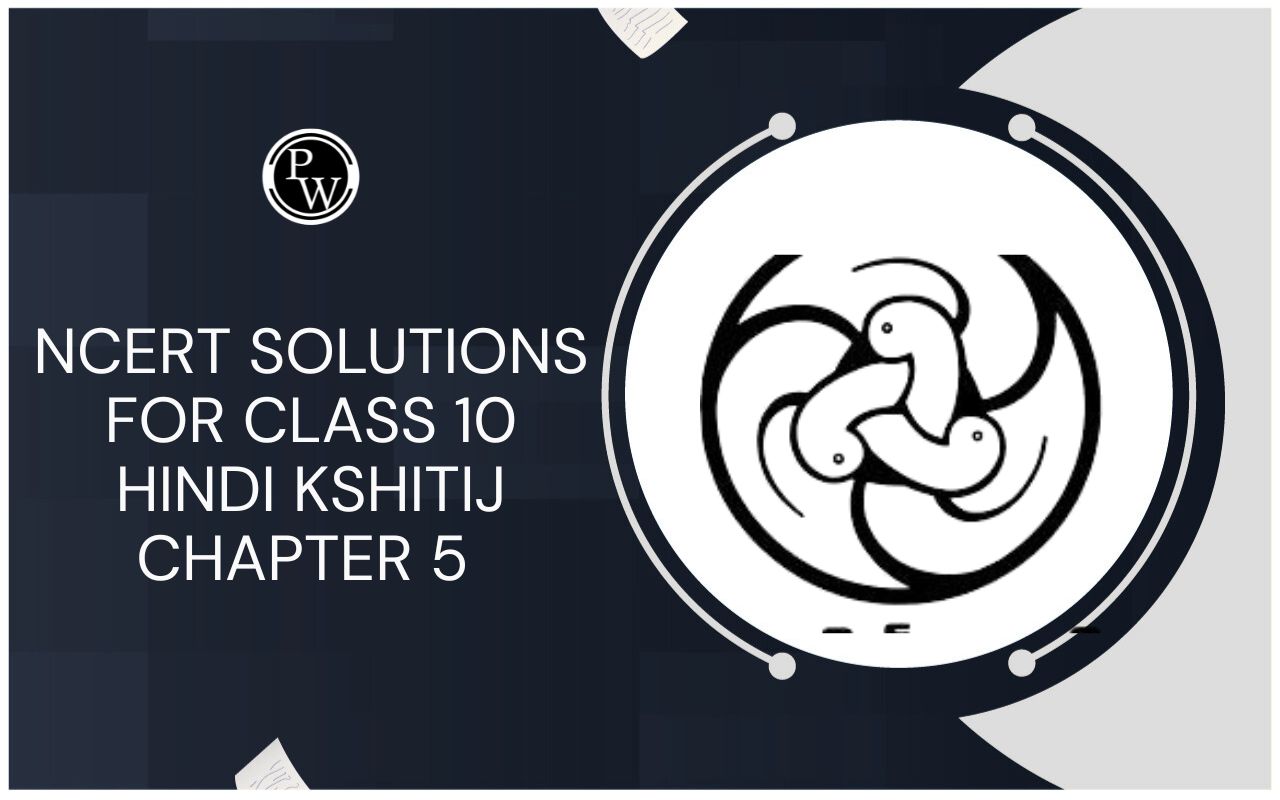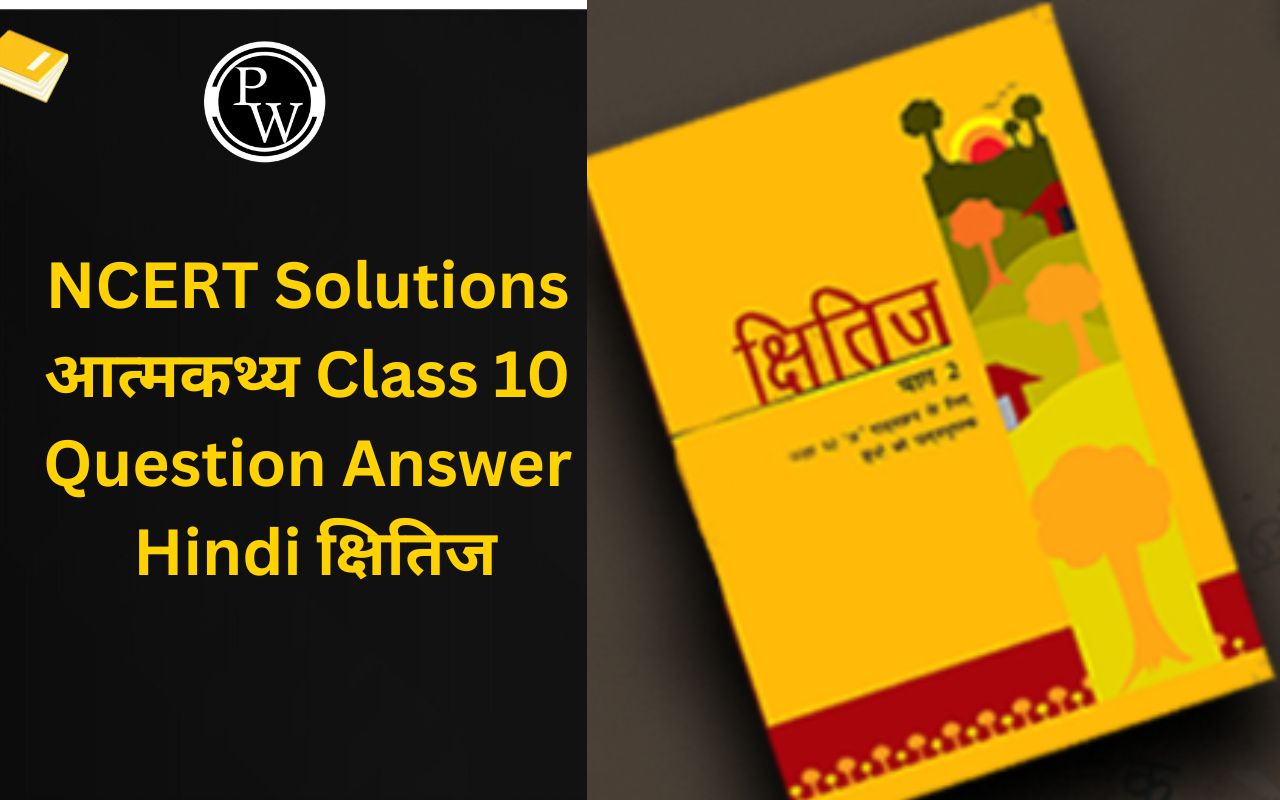
Important Terms
Print Culture And The Modern World of Class 10
Important Terms
➢ Almanac: An annual publication giving astronomical data, information about the movements of the sun and moon, timing of full tides and eclipses, and much else that was of importance in the everyday life of the people.
➢ Ballad: A historical account of folk tale in verse usually sung or recited.
➢ Chapbook: A term used to describe pocket-size books that are sold by travelling peddlers called chapman.
➢ Despotism: A system of government in which absolute power is exercised by an individual, unregulated by legal and constitutional checks.
➢ Platen: In letterpress printing, platen is a board which is pressed on to the back of the paper to get the impression from the type. At one time, it used to be a wooden board. Later, it was made of steel.
➢ Protestant Reformation: A 16th century movement to reform the Catholic Church dominated by Rome.
➢ Vellium: A parchment made form the skin of animals.
➢ Calligraphy: The art of beautiful and stylized writing.
➢ Compositor: The person who composes the text for printing.
➢ Galley: Metal frame in which types are laid and the text composed.
➢ Taverns: Places where people gathered to drink alcohol, to be served food, and to meet friends and exchange news.
➢ Inquisition: A former Roman Catholic court for identifying and punishing heretics.
➢ Heretical: Beliefs which do not follow the accepted teachings of the Church. Heretical beliefs were severely punished.
➢ Satiety: The state of being fulfilled much beyond the point of satisfaction.
➢ Seditious: Action, speech of writing that is seen as opposing the government.
➢ Denominations: Subgroups within a religion d Almanac - An annual publication giving astronomical data, information about the movements of the sun and moon, timing of full tides and eclipses, and much else that was of importance in the everyday life of people.
➢ Ulama: Legal scholars of Islam and the sharia (a body of Islamic law).
➢ Fatwa: A legal pronouncement on Islamic law usually given by a mufti (legal scholar) to clarify issues on which the law is uncertain.
THE FIRST PRINTED BOOKS:
- China had a lead in the papermaking and printing from the ancient time. Japan and Korea were not far behind. The earliest kind of print technology was developed in China, Japan and Korea.
- From AD 594 onwards, books in China were printed by rubbing paper – also invented
- there – against the inked surface of woodblocks.
- As both sides of the thin, porous sheet could not be printed, the traditional Chinese ‘accordion book’ was folded and stitched at the side.
- Production of printed material was under the imperial state in China, for long. China possessed a huge bureaucratic system which recruited its personnel through civil service examination.
- Development of urban culture in China by 17th century helped printed style to diversify. Print was no longer used just by scholar-officials. Merchants used print in their everyday life, as they collected trade information.
- The advent of new technology in printing helped in new reading culture in Europe. Western printing techniques and mechanical presses were imported in the late nineteenth century as Western powers established their outposts in China.
Print Culture of Japan:
(I) Buddhist missionaries from China introduced hand printing technology into Japan around AD 768 - 770.
(ii) The oldest Japanese book, printed in AD 868, is the Buddhist Diamond Sutra, containing ix sheets of text and woodcut illustrations.
(iii) Pictures were printed on Playing cards, paper money and textile products.
(iv) In medieval Japan, the works of poets and prose writers were regularly published and books were cheap and abundant.
(v) In the late 18th century, in the flourishing urban circles at Edo (later to be known as Tokyo), illustrated collections of paintings depicted an elegant urban culture, involving artists, courtesans and teahouse gatherings.

